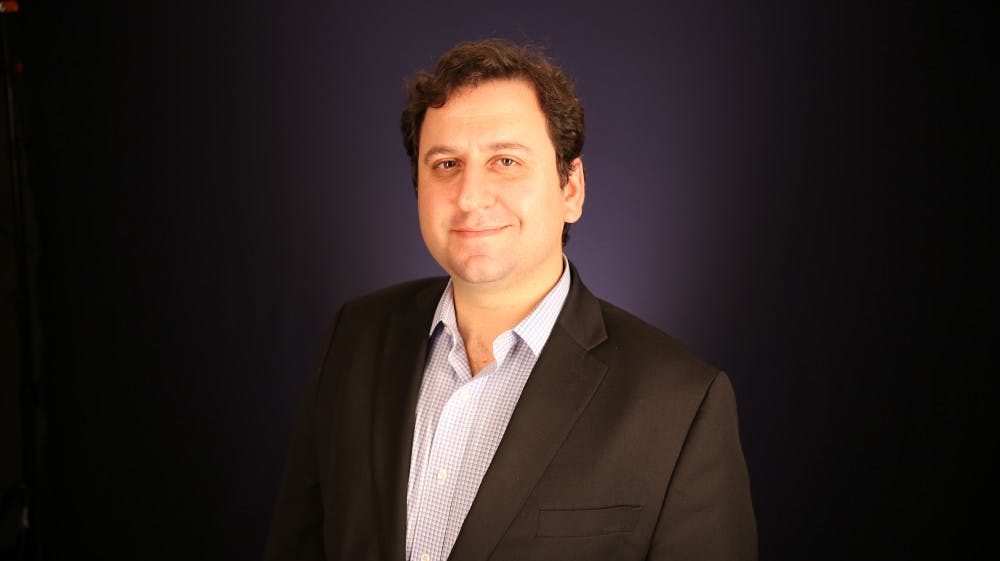As a staff writer for The Atlantic reporting on the 2020 Democratic presidential candidates, Isaac Dovere is no stranger to political journalism and its constant demands. But even as the campaign picks up this fall, Dovere will be taking the time to lead one of three non-credit study groups at the Watson Institute for International and Public Affairs this semester.
The seminar — titled “Political Journalism in 2019” — will be closely related to Dovere’s professional work, focusing on the practice of journalism and how it can change views in the presidential campaign. “It’s really necessary to think about what we’re doing in journalism, think about what we’re doing in politics, (and) how those intersect with each other and how that is developing,” Dovere said.
Edward Steinfeld, professor of China studies, political science, international and public affairs and the director of the Watson Institute, said the new seminar meets a variety of student interests. Many students are concerned about the impact media and politics have on each other, and others “are interested in the business of the media,” Steinfeld said. “We want to encourage all of those interests and perspectives and more.”
Unlike other non-credit study groups at the Watson, Dovere’s seminar will not have any guest speakers and will meet for only three two-hour sessions throughout the semester. Past study groups — led by Democratic National Committee Chair Tom Perez ’83, former Republican National Committee Chair Michael Steele and former President of CNN/U.S. Jon Klein ’80 — have had multiple speakers and have met four to five times. Dovere previously came to the University as a guest speaker for Perez’s seminar.
The format of Dovere’s study group differs because it aims to examine “the role of media in politics … from a practitioner perspective, particularly down at the nitty-gritty of actually reporting,” Steinfeld said. The seminar meets less frequently due to scheduling issues. “We feel very fortunate that Dovere was able to make this amount of time available to us,” Steinfeld added.
The fewer number of meetings does not concern Nathan Kakalec ’21, who participated in Steele’s study group in fall 2018. “For me, this is an opportunity to hear about another person’s experiences and about politics,” he said. “I equated (Steele’s seminar) more to seeing a speaker on campus rather than taking a class.”
Students interviewed by The Herald expressed interest in study groups geared toward journalistic work. Talya Wellisch ’21 participated in “News vs. Truth,” a study group Klein led last semester, because she is interested in exploring media as a professional career. “I also wanted to take that class before I started looking at summer internships,” she added. “I wanted to get a sense of what was going on, what was happening in that industry.”
Participating in a Watson study group has given Damian Ballard ’20 “a more practical sense, like a practitioner’s approach versus a theoretical approach,” he said. “They’re really helpful groups to hear a practical approach to some things that you learn in the classroom, as well as a great opportunity to meet people who have very distinct careers.”
The seminar leaders also learn from their students, Steinfeld said. The people who have run the study groups have all been “open to learning … (and) encouraging lots of different voices coming from participants in the study group,” Steinfeld said. “To me, those are the values of Brown.”
“Hopefully, (students) will be able to draw something from me, and I’ll be able to draw from them in a way that will make us all better,” Dovere said.





